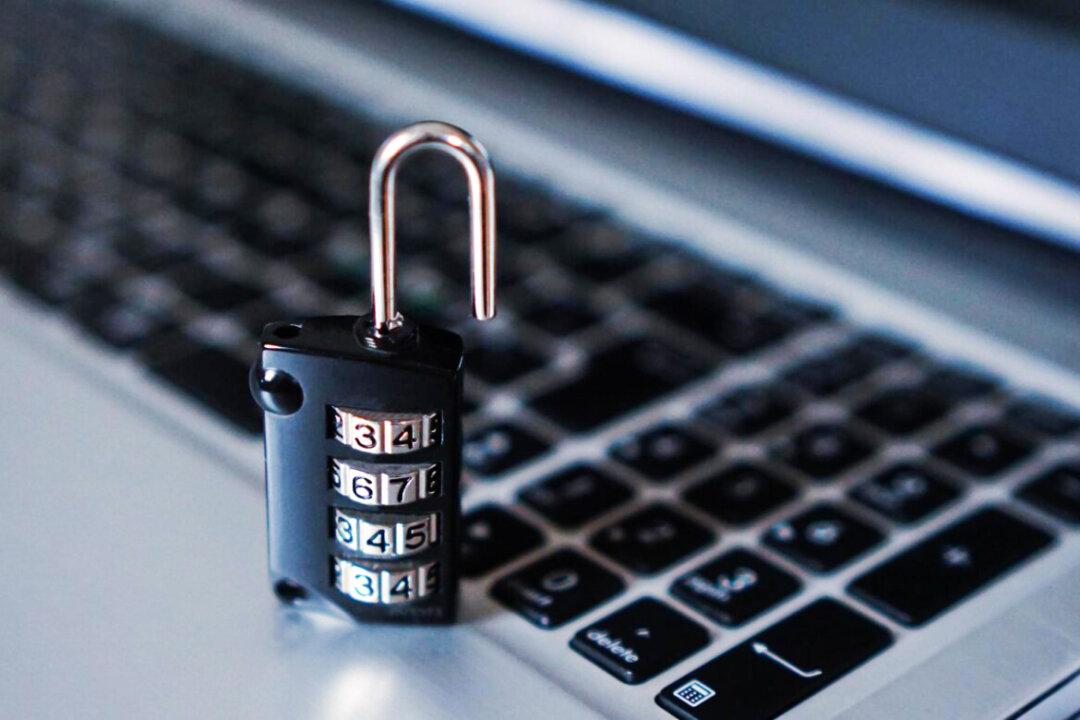As companies increasingly explore how to improve their cybersecurity and shield their technology, proprietary secrets, and the personal data of their executives and staff from bad actors, they must take steps to fix a workplace culture that’s resistant to the habits and practices that best ensure online security, not to mention a shortfall of personnel with expertise in cyber issues.
These points came across in a Feb. 13 panel discussion, “2023 Top Cybersecurity Risks,” held under the auspices of the Bipartisan Policy Center (BPC), a Washington-based think tank, in partnership with Equifax, an Atlanta-based consumer credit reporting agency.





